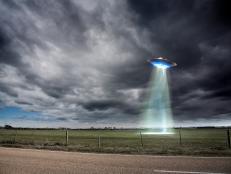6 Cold Places That Are Literally Melting
Find out how some of the world’s coldest destinations are changing.

As cold as the air may be in your city, some winter wonderlands around the world are actually melting. See how rising temperatures across the globe are affecting these six locations.
Alaska

The Asahi Shimbun via Getty Images
The 49th state of the United States is facing a potential problem as its frozen ground, known as permafrost, is thawing, and scientists are concerned about the long-term impact. According to a New York Times report, by 2050, a sizeable portion of the permafrost in Alaska could be gone, which would release ancient carbon into the atmosphere and cause global temperatures to rise over the next several centuries.
Alps

FABRICE COFFRINI/AFP/Getty Images
For generations, this mountain range has been a skiing mecca for locals and tourists around the world. Unfortunately, the snow-covered views and challenging alpine slopes may be a thing of the past as a 2017 report from the European Geosciences Union found that the Alps could lose as much as 70 percent of snow cover by the end of the century.
Antarctica

Bill Adler / EyeEm
This icy continent may not be high on your bucket list, but the fact that parts of it are melting could affect your favorite warm-weather destinations. Two of Antarctica's fastest-moving glaciers are shedding an increasing amount of ice, which could cause sea levels to increase by nearly four feet over centuries. If that were to happen, coastlines around the world would be forever changed.
Glacier National Park

Smith Collection/Gado/Getty Images
It’s possible that one day, Glacier National Park in Montana will contain very few actual glaciers if the current warming trend continues. According to data from the United States Geological Survey and Portland State University, 39 glaciers have dramatically reduced in size since 1966 with some decreasing as much as 85 percent.
Greenland

Mario Tama/Getty Images
Greenland’s melting ice sheet is impacting sea levels around the world. According to a CNN report on Greenland, the world’s largest island lost an average of 280 gigatons of ice per year between 2002 and 2016, compared to an average of 34 gigatons per year between 1992 and 2001.
Siberia
Siberia is often used to describe how cold something is, but the region is experiencing a major change that could one day lead to it being more inhabitable due to milder temperatures. One noticeable change in the landscape is the Batagiaka crater in eastern Siberia, which was formed by melting permafrost and continues to grow by approximately 33 feet per year.
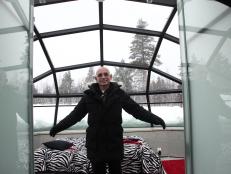
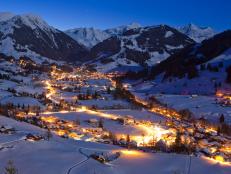
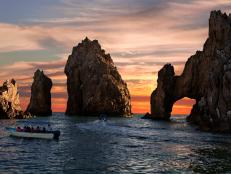
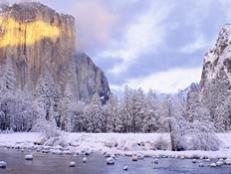
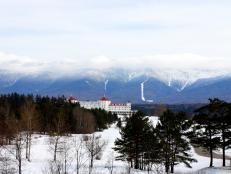
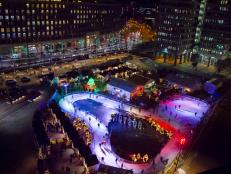



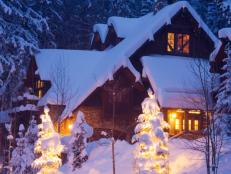








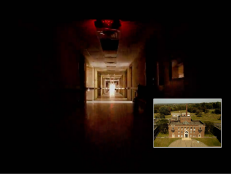

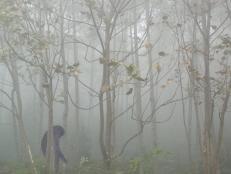
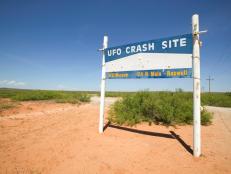





.jpg.rend.hgtvcom.231.174.suffix/1674758726773.jpeg)






